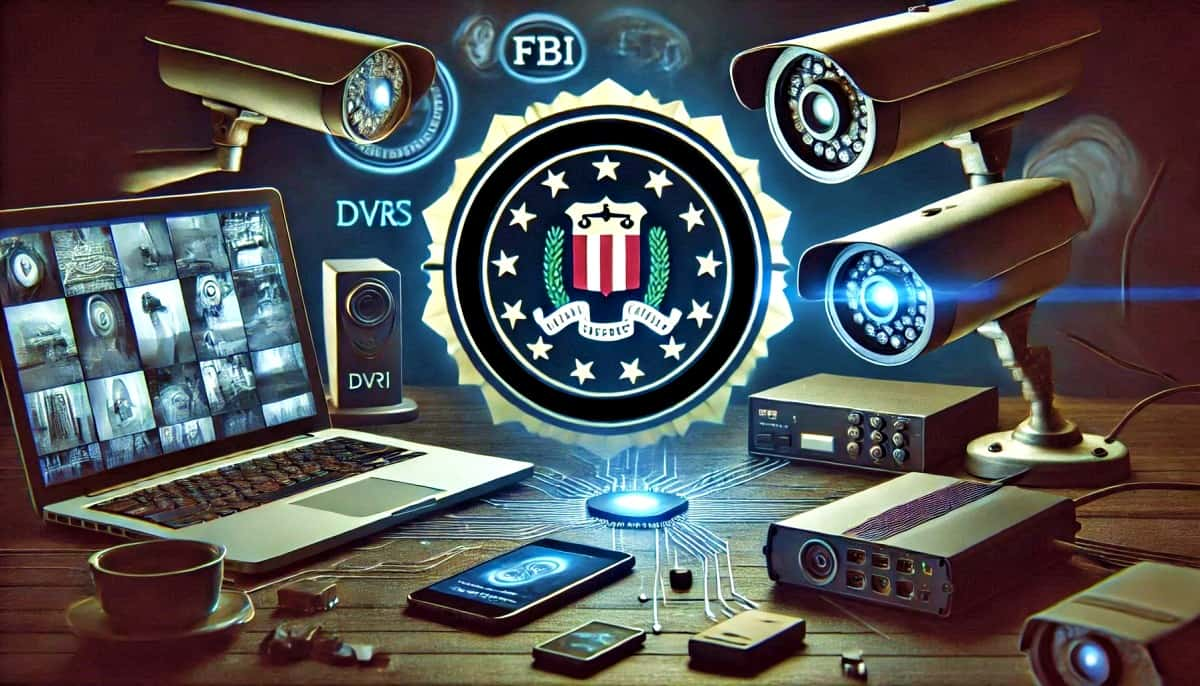In a recent development, the FBI has issued a Private Industry Notification (PIN) alerting the public to a new wave of malware campaigns targeting Chinese-branded web cameras and DVRs. This malicious software, known as HiatusRAT, allows hackers remote access to compromised devices, posing a significant cybersecurity threat.
The HiatusRAT malware first surfaced in 2022 and has since evolved, targeting outdated network devices, Taiwanese organizations, and even infiltrating a US government server. In a worrying trend, the latest campaigns by cybercriminals focus on webcams and DVRs in countries like the US, Canada, the UK, Australia, and New Zealand.
These cyber attackers are taking advantage of unpatched security vulnerabilities in devices manufactured by companies like Hikvision and D-Link. By using tools like Ingram and Medusa, the hackers are able to exploit flaws in the devices’ software, gaining unauthorized access through ports such as 23, 554, and 8080.
To combat this growing threat, the FBI recommends several mitigation measures. Companies are advised to isolate vulnerable devices from their networks, implement multi-factor authentication, enforce strong password policies, and regularly update firmware and software to prevent exploitation by malicious actors.
In response to the escalating threat posed by HiatusRAT campaigns, Sonu Shankar, a former federal critical infrastructure official, is working closely with Chief Information Security Officers (CISOs) to develop a collaborative strategy to address the ongoing cybersecurity challenges.
According to the FBI’s PIN, the cybercriminals behind the HiatusRAT malware are targeting devices with telnet access, a particularly vulnerable remote access protocol. By targeting devices with telnet access, such as Xiongmai and Hikvision devices, the hackers are able to compromise these systems using tools like Ingram and Medusa.
The FBI’s recommendations extend beyond just isolating vulnerable devices. Companies are urged to regularly monitor their networks, review security policies and patching plans, and update their operating systems, software, and firmware as soon as patches become available. Additionally, implementing strong password policies and enabling multi-factor authentication are essential steps in safeguarding against cyber threats.
As the cybersecurity landscape continues to evolve, it is crucial for organizations to stay vigilant and take proactive measures to protect their networks and data from malicious cyber activities. By following the FBI’s guidelines and collaborating with industry experts like Sonu Shankar, companies can enhance their cybersecurity posture and defend against the evolving threat of HiatusRAT and similar malware campaigns.
